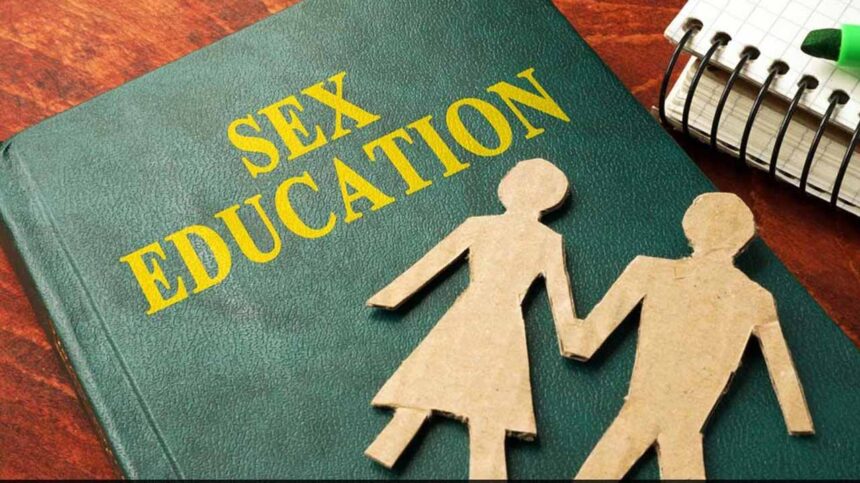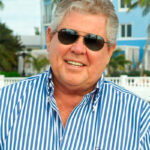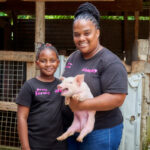The debate on implementing sex education as a subject in the classroom has been reignited, after a teacher and security guard were charged with sexually abusing two children at a private school.
On Wednesday, the TTPS revealed that a 46-year-old female private school teacher and 35-year-old male security guard had appeared in court charged with the sexual penetration of two girls, both 12, and trafficking a minor for sexual exploitation, arising out of an incident at a private primary school in east Trinidad. Both were denied bail when they appeared in the Tunapuna Magistrate’s Court.
This sparked debate in some quarters on how parents and the Ministry of Education could protect children from predators.
But it seems as if teachers and parents of students are not on the same page on this.
The Concerned Parents’ Movement of Trinidad and Tobago (CPMTT) is of the view that sex education will help prepare children to identify if they are being groomed or abused.
“We know that other stakeholders in the past will shun away from putting that in our school system, but we must make it clear that when we speak of sex education, we are talking about raising awareness about what predators are doing to our young children,” CPMTT president Clarence Mendoza told Guardian Media yesterday.
While there are some aspects of sex education are currently taught as part of the Health and Family Life Education programme, it has been criticised for being outdated.
Meanwhile, Mendoza admitted that while we are debating this issue, child predators are using modern means to get at the children.
“They have been using social media to speak with the youngsters, we are seeing it happening all the time and what we are clearly saying is that our students must be taught how to protect themselves and that should be the first thing they teach when it comes to sex education.”
However, the Trinidad and Tobago Unified Teachers’ Association (TTUTA) is not as keen as Mendoza and his association and making the change.
When asked about the issue, TTUTA president Martin Lum Kin said, “It feels like that (sex education) should start from the home and with the family, and in the absence of that, there are programmes within the curriculum that deal with certain aspects of it. Now, this is a very controversial topic to get into but as educators, we need to educate our students in all aspects of life, because education is preparation for life, so once teachers can, in their discourse with their students, enlighten them in some of these areas. We will encourage it, but to say to have it as a subject area, we need more dialogue because of how society is right now.”
However, child traumatologist and former chair of the Children’s Authority of Trinidad and Tobago (CATT), Hanif Benjamin, believes it is the children who suffer from the reluctance to implement the subject due to a fear of society’s backlash.
“I think that we are behind the 8-ball and we are always hiding under the guise of religion in relation to helping our children understand sex and sex education. The time has come for us to squarely put that argument aside and recognise the benefit in teaching our children how to recognise a predator,” Benjamin said.
“It is time to teach our children what is good touch and not so good touch, it is time to teach our children how to formulate their words to speak to someone in relation to saying what is going on with them and vicariously, we are also teaching our children, and unless we do this, we will continue to see these things happening.”
Meanwhile, the Trinidad and Tobago Association of Private Secondary Schools (TTAPSS) believes it is time for stricter guidelines which govern private institutions.
The National Parent Teachers’ Association (NTPA) has meanwhile lamented that such schools go unregulated and unchecked.
However, TTAPSS president Leslie Hislop does not agree that there are no checks and balances at private institutions. He did, however, concede that more can be done.
“There is room for improvement in the regulation of the schools but because there are different classifications of private schools the regulation of them is different. Some private schools are owned by individuals while some are owned by organisations so the management structures differ widely in the private school sector,” Hislop explained.
“An accreditation standard for all schools regardless of owners will help to provide an equal baseline for the operation all schools. If schools are to continue operating, they must maintain their accreditation status,” he suggested.
Guardian Media attempted to get a response from Education Minister Dr Nyan Gadsby-Dolly yesterday but up to press time she did not respond to our messages.










